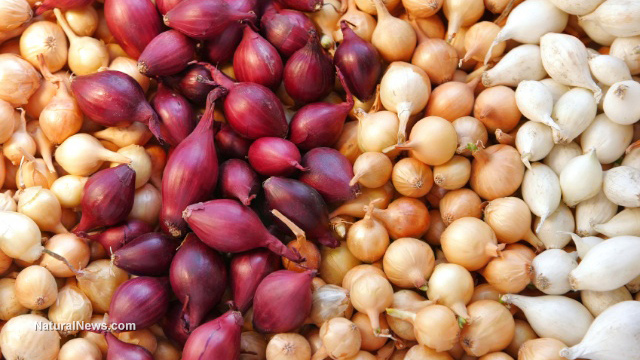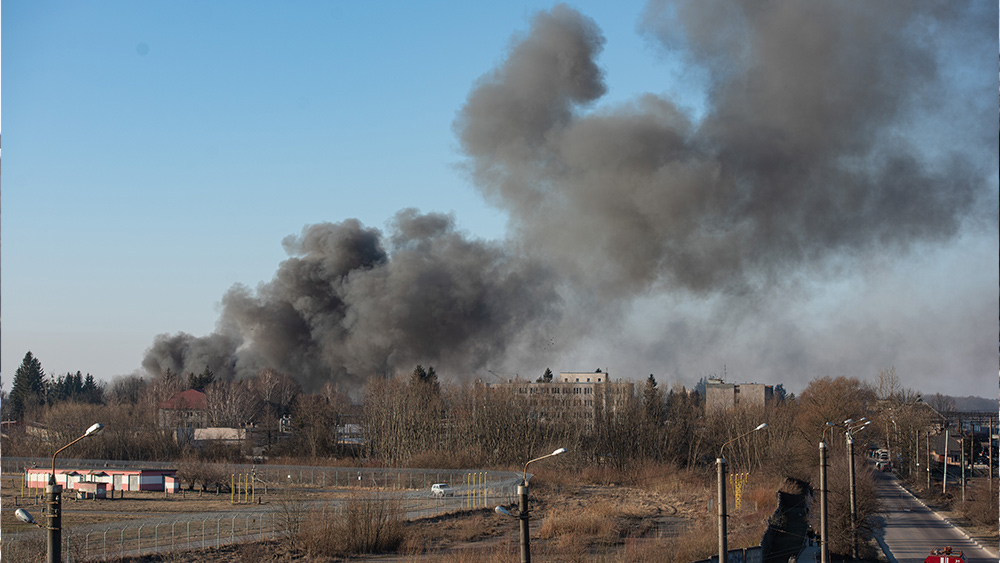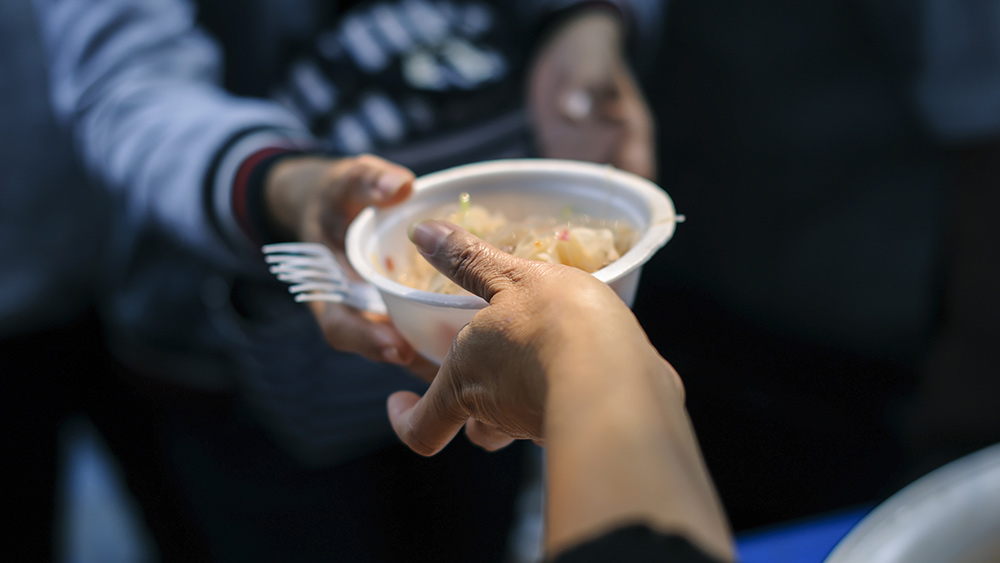U.S. food banks grapple with strained donations as people battle with INFLATION
12/15/2023 / By Laura Harris

As the Christmas holiday approaches, food banks in the U.S. are grappling with strained resources due to inflation.
In a survey conducted by impact technology company Divert Inc, only 25 percent of respondents were more likely to donate during this holiday season because of the escalating cost of food and groceries. Moreover, the survey found that the current economic climate has led 72 percent of Americans to alter their grocery shopping habits, with 51 percent stating that rising grocery prices are forcing them to cut costs in other areas.
Even the U.S. Department of Agriculture, a major supporter of food bank supplies, is also grappling with inflation, making it more challenging to purchase food for charitable purposes. The results of Divert’s survey mirror the current situation of several food banks in the country.
Feeding America, a nonprofit organization overseeing a network of over 200 food banks across the country, reveals that over 150 of their food banks reported increased or steady demand earlier this year as food prices surged. In Wisconsin’s Milwaukee County, a network of 47 food pantries noted a 50 percent increase in visits. Food banks in Morgan, Oregon also experienced a similar surge in demand.
Feeding America COO Katie Fitzgerald cited the combination of increased demand, decreased supply and high inflation as reasons behind a “perfect storm for long lines at the bank.” Soaring food prices and a drop in donations have left many food bank warehouses thinly stocked.
She further disclosed that food banks originally received donations from manufacturers with surplus supplies. But with fewer public donations, food banks are forced to purchase more food themselves. Based on the group’s data, there was a seven percent decrease in donated food in the year ending June compared to the previous year and 18 percent more pounds of food from July to September 2022 compared to the same period in 2021.
Food banks can’t help hungry Americans anymore
Food inflation has become a defining narrative of 2022, with the price of Thanksgiving staple turkey alone increasing by 17 percent in September of that year. Several reports from consumer surveys and analyses have revealed that food insecurity and grocery shopping capabilities not only affect American food banks but also American households. (Related: Food insecurity a growing problem in U.S. – America turning into a third-world country.)
In the Kensington neighborhood of Philadelphia, the River of Life food pantry led by Pastor John Brzozowski used to serve meals to 35 people every two months. Now, the demand has increased and they are serving 60 people. The community faces a higher demand for food assistance, with many individuals visiting multiple food banks each week.
While the pantry continues to provide for those in need, the quantity of items offered has decreased. For example, clients may only get one meat item instead of two, The impact of the challenging pandemic, ongoing inflation and a general sense of uncertainty about the future is evident on the faces of families seeking help – with some are approaching a food bank for the first time.
Eric Cooper, president of the San Antonio Food Bank, revealed that these families have been struggling for a while, and the pandemic has pushed them further.
“With the demand being so great, the supply being so short, and inflation being high, it’s just a perfect storm for long lines at the bank. We’re still pressing forward to make sure we can make it happen for those families. But the reality is we’re having to substitute … every day right now,” he said.
Visit FoodRationing.news for more news related to food shortages and rationing.
Watch this video about how lab-grown meat gets closer to Americans’ dinner tables.
This video is from the SILVIEW.media channel on Brighteon.com.
More related stories:
FOOD COLLAPSE: UK supermarkets rationing vegetables as food shortages worsen.
10 Million more Americans struggled with HUNGER in 2022 compared to the previous year.
Sources include:
Submit a correction >>
Tagged Under:
bubble, chaos, collapse, economic riot, food banks, food collapse, food inflation, food prices, food rationing, food supply, grocery, hunger, inflation, panic, products, scarcity, starvation
This article may contain statements that reflect the opinion of the author
RECENT NEWS & ARTICLES
COPYRIGHT © 2022 Scarcity.news
All content posted on this site is protected under Free Speech. Scarcity.news is not responsible for content written by contributing authors. The information on this site is provided for educational and entertainment purposes only. It is not intended as a substitute for professional advice of any kind. Scarcity.news assumes no responsibility for the use or misuse of this material. All trademarks, registered trademarks and service marks mentioned on this site are the property of their respective owners.




















